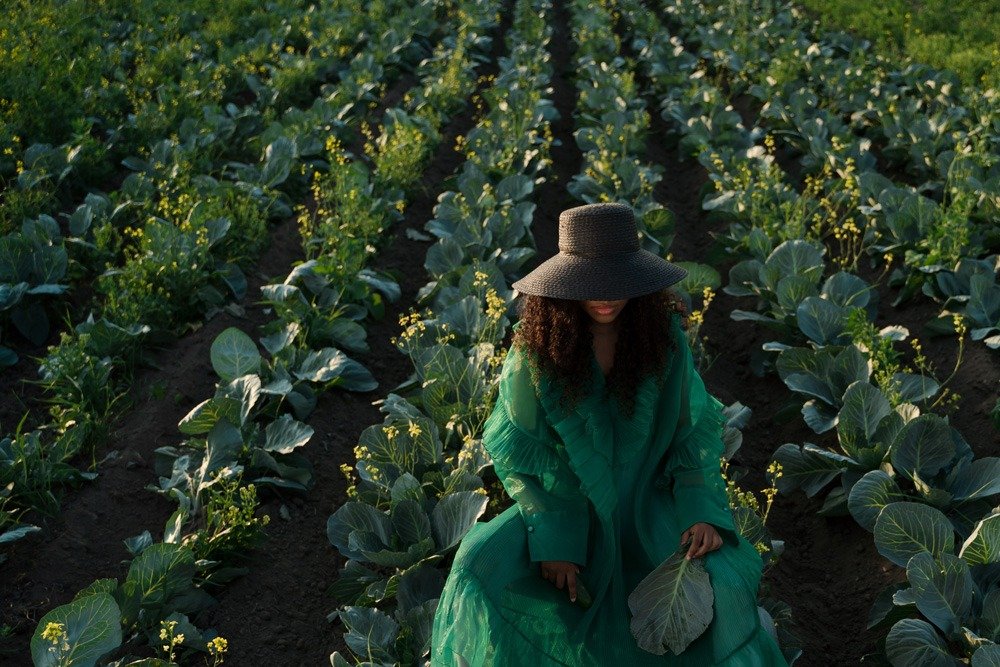Excerpted below, in a recent article for the Nonprofit Quarterly, Real Food Real Stories’ Director, Jovida Ross, and Narrative Strategist, Shizue Roche Adachi, with cultural strategist Julie Quiroz, talk white supremacy logic in food systems change, witnessing food work as cultural work, embracing narratives of wholeness, and food’s powerful role in transforming culture at large.
“Food changes into blood, blood into cells, cells change into energy which changes up into life…food is life.”
– Culinary griot Vertamae Smart-Grosvenor“This work we’re doing in food culture is ultimately healing work. And those foods, and seeds, and the land are the agents of healing: They are the healers, they are the curanderas, they are the medicine people who are increasing our capacity to look at the grief all around us…it’s only the seeds, and the land, and the food, that have the capacity to take that grief, and to metabolize and digest it.”
– Mohawk seedkeeper, writer, cultural worker Rowen White
Imagine a future where the ways we grow, cook, and gather around food affirms our relationships to the places we live, to the people who came before us, and to future generations. Imagine a future where we recognize care as the essence of all labor and appreciate all people’s labor, no matter the form it takes. Imagine that we joyfully nourish each other, that we all know we belong, and that we recognize land as kin. What images come to mind? What longing is sparked in us?
Right now, we are living through escalating crises, both within living ecologies and socially constructed systems. A dominant worldview shaped by settler colonialism and white supremacy has proliferated practices of extraction and exploitation that benefit few at the expense of many. Our commercial food system is an expression of this. Industrialized supply chains abuse people and the planet, feeding exploitation and injustice.
But systems and practices do not exist in a vacuum; they are an expression of the culture that underpins them. As many Black, Indigenous, and diasporic people of color food leaders have long asserted, dominant food narratives—from bootstrapping to “you are what you eat” diet shaming—often explicitly affirm logics of individualism, ignoring structural inequities and oppression and perpetuating support for massive globalized, profit-driven food industries that kill people and destroy ecologies. To transform our food system, address our legacies of harm, and interrupt our reckless relationship to ecosystems, we need to look beyond food supply chains to the culture underpinning how we produce and share food. We need to advance narratives that celebrate interdependency and care. Stated otherwise, we need to transform our food culture.
Food culture consists of the relationships and experiences we engage through food—the way food shapes our experiences of the world and of ourselves and each other. A respectful, reciprocal food culture can help us imagine, build, and sustain possibilities for a more equitable future, in which our world’s natural abundance is shared. Food cultural organizers, predominantly Black, Indigenous, and diasporic people of color, are already inviting us to engage with food as life force, as culture. They remind us that food culture is a powerful organizing force that feeds the body, lives in embodied relationships, and animates the world. Food is a world-builder and place-maker, and the way many of us find a sense of home and belonging. As such, when we transform food culture, we transform culture as a whole—from how we relate to one another, to our stories of who we are, and our visions for who we can become. In the process, we empower ourselves to transform the systems that govern our world.

